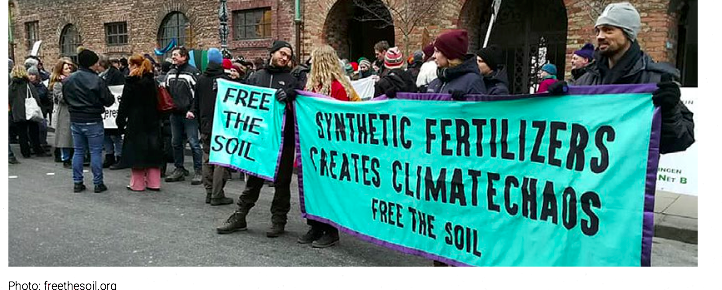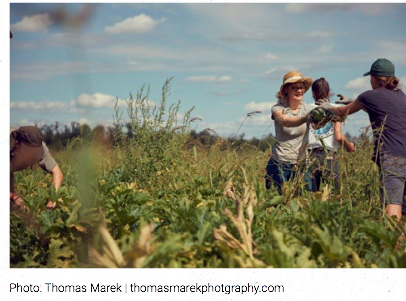The possibility of ordinary people to change the course of history has always come with the ability to communicate, co-operate and organize. Many major breakthroughs of humanity against hierarchical, oppressive and exploitational paradigms have occurred when people have formed big movements, such as the movement for the womens’ rights, or for the civil rights movement in the USA. Currently there is still a lot for which to fight. Evidently there are many movements nowadays living and struggling for a better world, such as movement for Climate Justice, Food Sovereignty, Solidarity Economy, peace, animal rights, queer rights and many more.

Some movements face repression and it might seem futile to fight those who hold the martingales of governments and corporations, those who do not hesitate to corrupt, manipulate and even use violence. If our movements are to succeed, they must cooperate both at local level and on a global scale, within the movement and in between different movements.
At global level the Food Sovereignty movement is represented by the International Planning Committee for Food Sovereignty (IPC). It is an autonomous and self-organized global platform to advance the Food Sovereignty agenda at the global and re-gional level. Among the organizations, participating in the IPC at the international level is La Via Campesina, which coined the concept of Food Sovereignty. It brings together more than 200 million small and medium-scale farmers, landless people, women farmers, indigenous peoples, migrants and agricultural workers from all around the world. La Via Campesina associates 182 organisations from 81 countries. For Europe, the umbrella organization representing the Food Sovereignty movement is the Nyéléni Europe. It also includes Urgenci, the global network of Community Supported Agriculture, Indigenous Peoples, fishers, pastoralists, women and youth representatives, so all food-pro-ducing and food-consuming constituencies are represented.
Further reading and resources:
